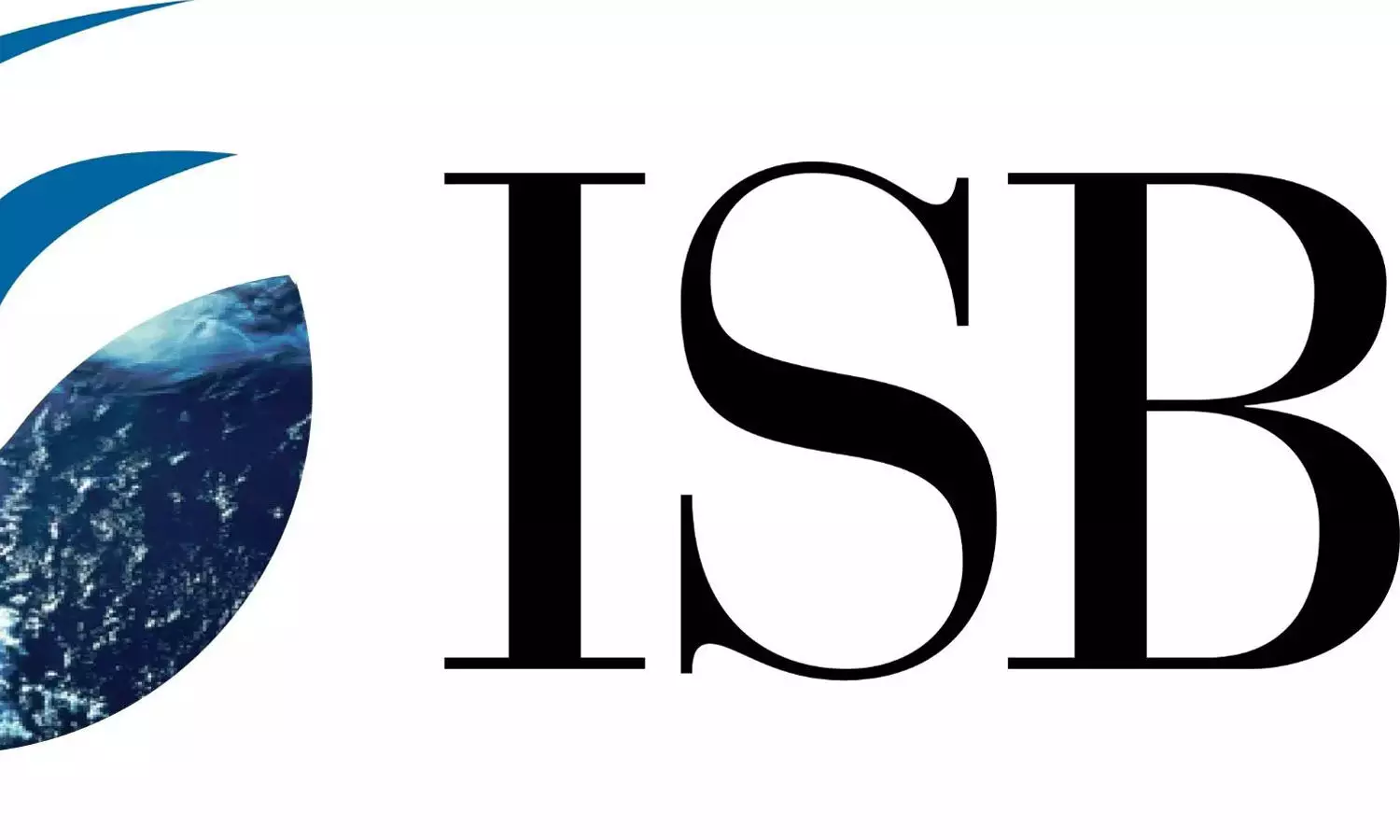ISB introduces curriculum review for PGP focussing flexibility, action-based learnability
ISB enhances its PGP with more flexibility, practical integration, and expanded elective options

AHYDERABAD: The Indian School of Business (ISB) has unveiled a comprehensive curriculum review for its Post Graduate Programme in Management (PGP), responding to the ever-changing business landscape.
It has a three-pronged focus, which includes a move towards a more customised and flexible programme structure, given the diverse needs of the students, who come from backgrounds varying from engineering to the armed forces to art or sports. With it, learnability is the second pillar, as the school will now use more activity-based methods that build the ability to constantly learn. The third key point is a built-in system of renewal in the curriculum so as to respond to future needs proactively.
The revised curriculum, in its delivery, emphasises personalised and experiential learning opportunities, for which the newly set up Centre for Learning and Teaching Excellence will play a pivotal role. It will drive continuous improvement in content and curriculum design.
Increased flexibility was seen as an imperative as the school consistently has a diverse cohort. Up to now, half the curriculum could be built by the student from the list of elective courses, while the other half, the core, was fixed. Now there is much more flexibility. This directly addresses not just the variety of jobs but also the diversity within the PGP cohort. The incoming cohort, for instance, has a national-level badminton player, a civil servant, and students with a background in the armed forces.
Customisation in action, thus, means an expanded list of elective choices, all tailored to students' career goals, besides flexibility in core courses as well. PGP students can now build up to 60% of the programme from an expanded list of Electives credits. The Core credits are reduced to 14; of those too, four can be chosen from a wider list.
The school has laid emphasis on enhancing its Analytics curriculum to align with the demands of today's data-driven business landscape. Among new courses would be those covering innovative technologies. Elective offerings include Artificial Intelligence (AI) and Machine Learning (ML).
Amidst these advancements, the Centre for Learning and Teaching Excellence will play a pivotal role in driving continuous improvement in content and curriculum design at ISB.
Technologists and cognitive psychologists will be part of this faculty-driven centre, and innovations will be driven by their expert inputs too.
To make space for innovations in the one-year programme, the school has also realigned the structure. While earlier there were standard six-week terms, now there are four ‘block weeks’ built in -- making space for a variety of shorter-term courses in between the usual terms.
Additionally, ISB's Office of Experiential Learning will offer immersive experiences that bridge theory with practice through activities such as field immersions and industry-sponsored projects. This holistic approach aligns with prominent global trends and is informed by a thorough study of the learning landscape by ISB.
“The overarching impetus for the changes was the evolving nature of jobs, and the reduced shelf life of knowledge,” said Dean Madan Pillutla, “In such a period of constant change, what one knows for sure is that people who have a variety of skills will succeed. But if you make the curriculum too rigid and give them what you think is ideal fit for this environment, it is simply not going to be enough for them down the line. So, that was the impetus for us to begin to examine it very carefully.”



